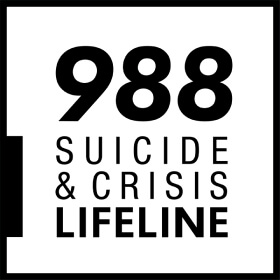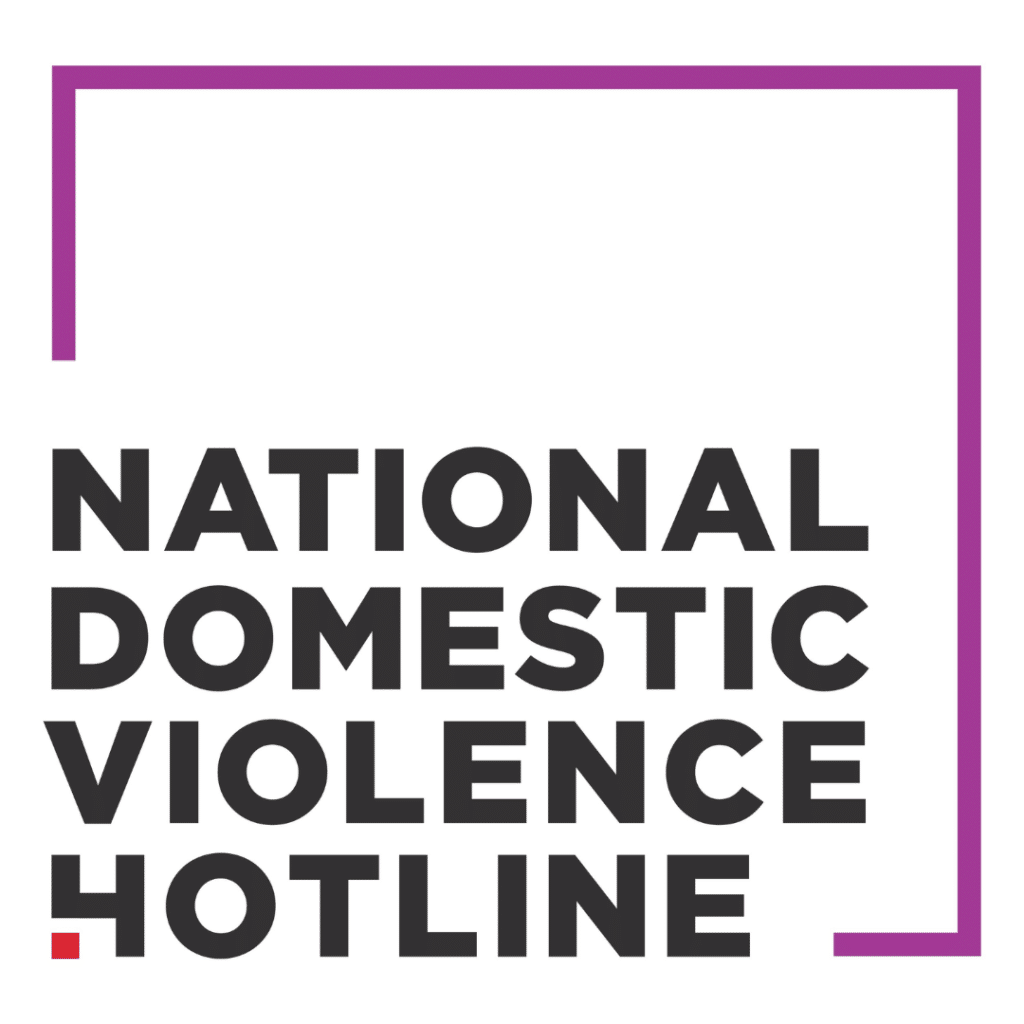Why Radical Acceptance Can Be Difficult After Trauma

Radical Acceptance is a stress tolerance skill taught in Dialectical Behavioral Therapy (DBT) in which people fully accept things as they are, instead of ignoring, avoiding, or wishing the situation were different. It is intended to keep pain from turning into prolonged suffering. Despite its power in healing, it can be a very difficult concept for survivors of abuse. Why? How can survivors overcome those barriers and begin to make sense of what happened to them?
Why radical acceptance is hard for survivors
Avoidance can feel safe
Some survivors may have a difficult time fully accepting what happened to them because the reality of their situation is too much to bear and process. Avoiding accepting their reality may be easier, and it may be what is currently keeping them safe. However, when people live in denial of their truth for extended periods of time, the negatives often outweigh the positives.
A natural response
Wishing that what they went through didn’t happen, playing the moment over and over again, and living with questions such as “why did this happen to me?” and “what could I have done differently?” are normal responses after trauma. Bartering is part of the grief process. However, getting stuck in that place can make it difficult to continue moving forward.
The word “acceptance”
More than any other crime, survivors of abuse are often told to “get over it,” “move on,” or “let it go.” The word “acceptance” can have similar implications and often sounds the same to survivors as being told to “move on.” In reality, radical acceptance isn’t about moving on or letting go. It is saying, “this is my reality, what am I going to do with this?”
The concept of approval
The word “acceptance” has multiple definitions. One of the definitions for the word acceptance from the Oxford Dictionary is, “the action or process of being received as adequate or suitable.” For this reason, many survivors hear about the concept of radical acceptance and believe that accepting their trauma means they approve of it. Radical acceptance does not mean approving of what happened or saying that it is okay. The more applicable definition of acceptance in this context also comes from the Oxford dictionary, which is,“willingness to tolerate a difficult or unpleasant situation.”
Lack of validation
Many survivors find themselves stuck, unable to fit their trauma into their story in a way that makes sense to them, because they never received validation from anyone else, or they had a very negative experience disclosing to someone they trusted. They may feel that if they don’t care about what happened to them then no one will. Radical acceptance isn’t about saying “Well, it is what it is, so why try?” It’s saying, “This reality is, so where do I go from here?”
The struggle survivors have with radical acceptance is due to a misunderstanding that people have to approve of something in order to accept it. Those are not synonymous. It isn’t about moving on and leaving what happened in the past, radical acceptance can look like disapproving of what happened, but accepting that it did happen and assuming responsibility for moving forward with that event. It’s about recognizing that what happened was bad, and they deserve to be free from the pain that ruminating causes.

988 Suicide and Crisis Lifeline
988 Lifeline is a national network of local crisis centers that provides free and confidential emotional support to people in suicidal crisis or emotional distress 24 hours a day, 7 days a week in the United States. We’re committed to improving crisis services and advancing suicide prevention by empowering individuals, advancing professional best practices, and building awareness.

National Sexual Assault Hotline
RAINN is the nation’s largest anti-sexual violence organization. RAINN created and operates the National Sexual Assault Hotline in partnership with more than 1,000 local sexual assault service providers across the country.
Phone: 800-656-4673
Chat: Click here to chat

VictimConnect Resource Center
VictimConnect is a referral helpline where ALL crime victims can learn about their rights and options confidentially and compassionately.
Phone and text: 855-4-VICTIM
Online chat: Monday-Friday from 9am to 5pm EST



